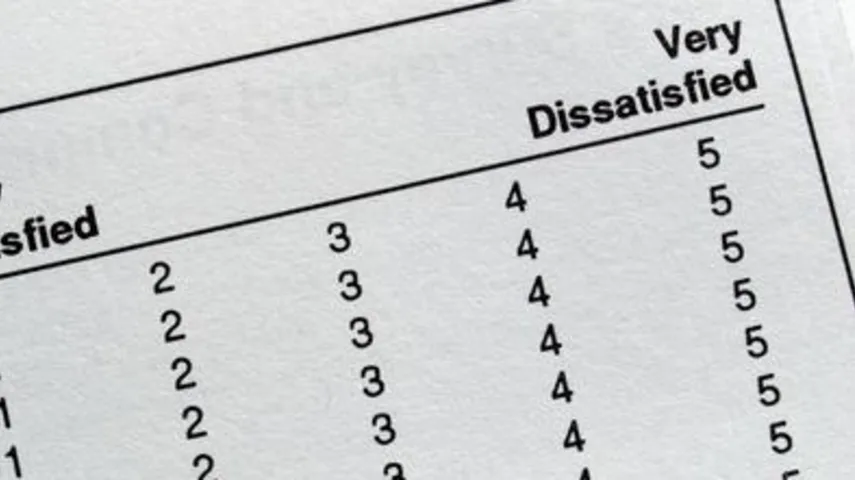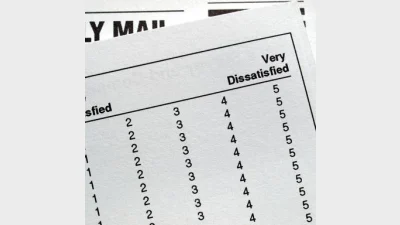GFC failed to spook fund members



The global financial crisis might have driven down superannuation fund returns, but most Australians neither panicked nor became unduly disillusioned with their super funds, according to new research conducted by the Association of Superannuation Funds of Australia (ASFA).
The research, 'Member attitudes to own superannuation fund and investment returns', said this relative calm on the part of Australian super fund members was probably owed to the fact that superannuation is simply not a so-called "barbecue stopper".
It stated that despite the low and negative investment returns of recent years, most members remained satisfied with their superannuation fund, with a total of 79 per cent of respondents to an ASFA poll indicating that they were satisfied or very satisfied with their funds.
As in other years, the survey found that members of public sector funds were particularly satisfied with their fund (90 per cent) while 82 per cent of industry fund members were satisfied compared to 65 per cent of retail fund members.
However, the ASFA research noted that while these figures were down on those recorded in similar surveys in 2006 and 2007, they were up on those recorded in 2004.
The research found that the major reasons members were dissatisfied with their funds were poor investment performance and high fees.
Looking over the horizon, the survey found most fund members were expecting better times in the current financial year.
Recommended for you
The central bank has released its decision on the official cash rate following its November monetary policy meeting.
ASIC has cancelled the AFSL of a Melbourne-based managed investment scheme operator over a failure to pay industry levies and meet its statutory audit and financial reporting lodgement obligations.
Melbourne advice firm Hewison Private Wealth has marked four decades of service after making its start in 1985 as a “truly independent advice business” in a largely product-led market.
HLB Mann Judd Perth has announced its acquisition of a WA business advisory firm, growing its presence in the region, along with 10 appointments across the firm’s national network.











